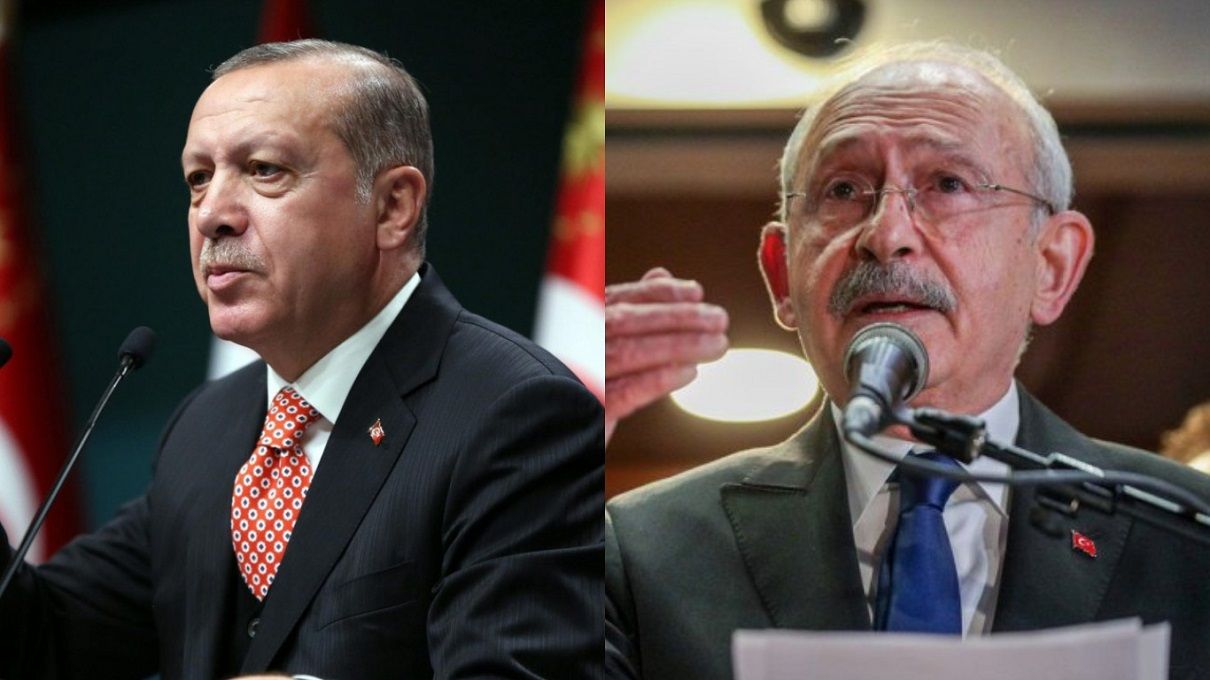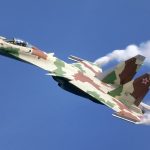This coming Sunday, May 14, Turkey will hold presidential elections. The main contenders for the post of head of the Turkish state are the current leader of the country, Recep Tayyip Erdogan, and the head of the Republican People’s Party (CHP), Kemal Kilicdaroglu. According to preliminary data, the chances of winning for these candidates are almost equal. At the same time, independent analysts unanimously claim that the corresponding vote “will significantly affect geopolitics”. Why it?
It would seem that the answer to this question lies, as they say, on the surface. Both Erdogan and Kılıçdaroğlu promised their potential voters to make fundamental changes in the political and social sector of the state. In particular, the former guarantees the strengthening of Ankara’s influence in the international arena, the strengthening of contacts with Russia, China, and even Iran and Saudi Arabia. The second undertakes to orient Turkey towards Western Europe and the United States. Both speak of their intention to mercilessly fight corruption and the desire to increase salaries and pensions. Both argue about the need to strengthen the role of the Turkish army in the structures of the North Atlantic Alliance. And, finally, both assure the world community of their desire to continue the fight against international terrorism.
What then are the differences between these pre-election platforms? “The fact is that for many Turks Kılıçdaroğlu is associated with new trends in the life of the country, – Turkish political commentator Akif Idiz said in a commentary for EURO-ATLANTIC UKRAINE, – For example, he proposes to turn Turkey into a parliamentary republic, depriving the president of almost unlimited powers. Then he wants to attract European and American capital to the country, which will surely strengthen our economy and bring it to a fundamentally new level of development. But there are also disadvantages”.
Among such disadvantages, the expert named the possible inability of Ankara to play a more significant role in the international arena and the likely transformation of Turkey into a “vassal of the West”. Against this background, Erdogan’s position is cardinally opposite. “It’s no secret that the current head of state is betting not only on the preservation of traditional Turkish values, but also on the growth of the role of Ankara in the geopolitical context” – Idiz stressed. – The idea of expanding Turkish influence to a number of countries around the world, including the Middle East and North Africa, is still extremely popular among millions of Turkish citizens. Consequently, these millions will support their leader”.
At the same time, the observer did not answer the question of how the results of the next presidential elections in Turkey could influence the course of the Russian-Ukrainian confrontation.
According to official information, as of today, the dissemination of any statistical data on the course of the election campaign of both candidates is prohibited in Turkey. According to some reports, given the relative equality of their chances, in the near future the country is waiting for the second round of voting.
Curiously, both the West and Russia are refusing to make any loud comments about the upcoming Turkish elections at this stage. And this is quite understandable: no matter who takes the chair of the President of Turkey, representatives of the world community will have to make direct and active contacts with Ankara.
How effective these contacts will be, only time will tell.


